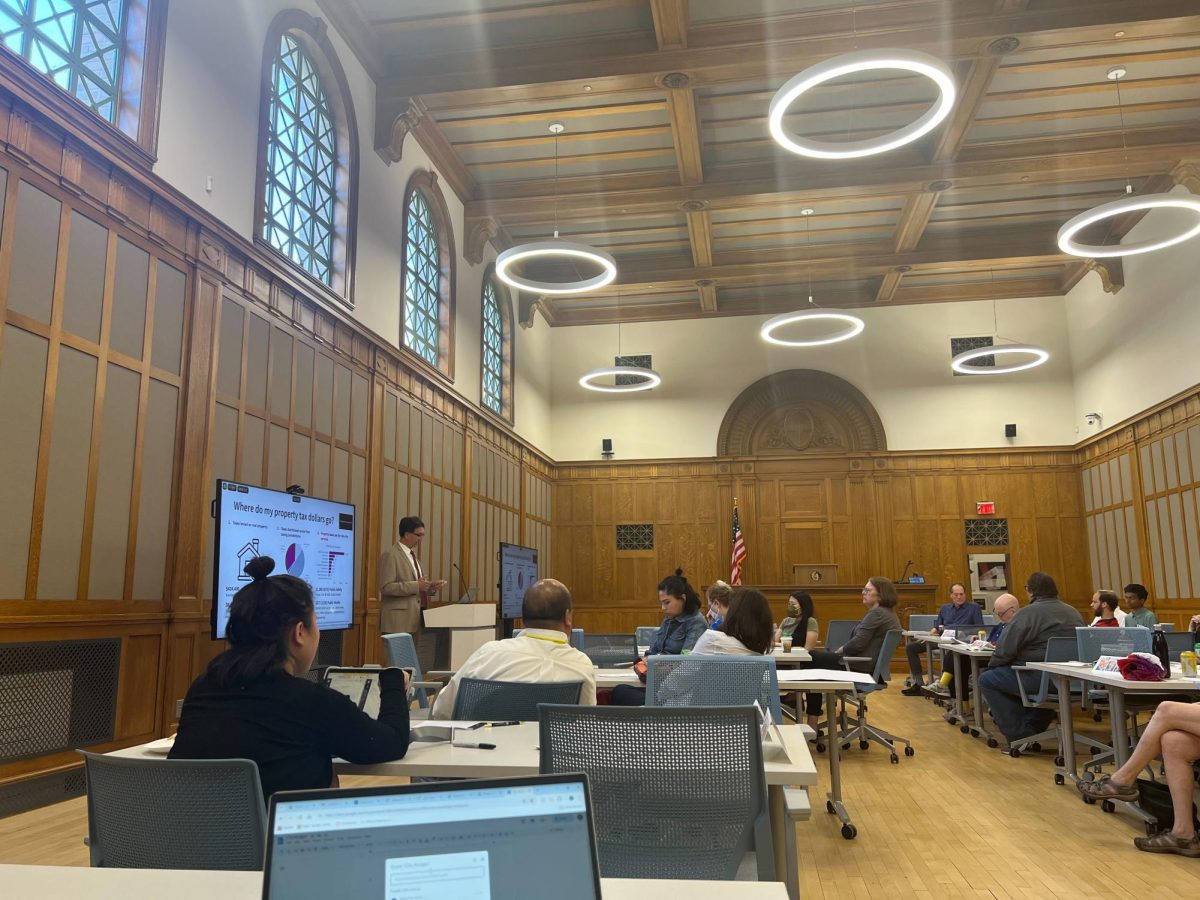Seven families on Madison’s east side filed a lawsuit against a local producer of machinery and parts, claiming the company has released chemicals that are contaminating their homes.
The families allege the chemical releases have contaminated the groundwater beneath their homes and migrated up through the soil, allowing the chemicals to enter their homes, a lawsuit filed by the families’ attorneys said.
The Department of Natural Resources is referring the case, which involves Madison-Kipp Corp., to the Department of Justice for alleged violations of Wisconsin hazardous substance discharge laws, DNR spokesperson Bill Cosh said.
Mark Meunier, vice president of human resources for Madison-Kipp, said his company has nothing to hide.
“[We are] looking forward to vigorously defending our actions,” he said.
The human carcinogen called tetrachloroethylene, or PCE, is one of the chemicals contaminating the homes, alleged Deanna Scheider, one of the seven filing the lawsuit.
A 2002 discovery determined an area of soil on the east side of the facility contained elevated levels of PCE. Soil samples were collected from the backyards of three homes on the west side of Marquette Street, a DNR statement said.
The solvent can cause neurological, kidney and liver problems at high concentrations. It also has the potential to cause cancer, according to the U.S. Environmental Protection Agency.
Kipp hasn’t used the chemicals in question since 1987, Meunier said. He said the company poses no “imminent or substantial endangerment” to the community.
Still, those filing the lawsuit are insisting a full investigation be done into the issue.
“The families want to see a comprehensive study done,” Schneider said. “We don’t know how far it goes, currently it’s seven homes, but it could be miles.”
Meunier said that Kipp has been working on a comprehensive soil and groundwater remediation program since 1994.
“We’ve been here for 130 years,” he said. “We look forward to working with the state of Wisconsin on this matter as we have in the past.”
In 2006, MKC installed vapor probes in three homes where soils were tested to determine whether PCE vapors were migrating through sub-surface soils and toward homes, the DNR statement said.
Initial results did not detect PCE vapors, but more in-depth sampling found PCE vapors in the yards and near three homes, the DNR statement said. In 2010, samples from beneath those homes found elevated PCE vapors.
PCE is odorless and colorless, Schneider said.
Madison-Kipp is working with DNR to address issues with the solvents used, Meunier said. He added they have not had this specific problem in the past.
Schneider said Kipp is prioritizing its bottom line over doing extensive tests to ensure the families’ safety.
“Kipp is determining if the situation is economically feasible, [but] the safety of our family is more important than the economy,” she said.
The lawsuit is separate from the referral to the DOJ, Schneider said. If the families are successful, the EPA will decide what happens next.
Schneider said the families’ current priority is to ensure a clean-up plan is put in place.

















